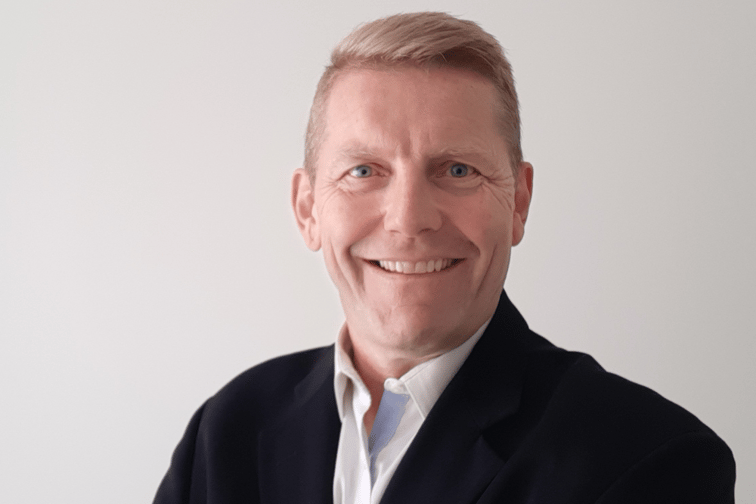

Insurance has been in the business of putting things back in place for 100s of years. Now, the concept of “human indemnity” could take this one step further – and help people who struggle to feel ‘normal’ again after a traumatic event.
For MBL Global, providing this so-called “human indemnity” involves longer term counselling services and as close to immediate as possible on-the-ground mental health assistance for everyone within 500 metres of an incident, not just the staff of an insured.
Since 2009, it has counselled people through terrorist attacks, US active shooter situations, and a Congo kidnapping. It has also assisted people’s mental recoveries from floods, wildfires, and other natural catastrophes.
The business has built a network of clinical psychologists, social workers, and mental health professionals across the globe, who are able to respond to an event taking place.
“From a clinical perspective, what we’re trying to do, as much as anything else, is reduce the onset of PTSD, for example, which is a much more complex and longer-term psychological issue to deal with,” MBL managing partner Graeme McKenzie (pictured) said.
An estimated 3.6% of the global population had suffered PTSD in the year prior to 2013, a World Health Organization report found. Common potential causes of the mental health illness included witnessing or experiencing violence, accidents, exposure to war, and trauma to a loved one.
“The quicker we can get to the events and to people after the event has taken place, the greater the chance that we’re going to have at being able to rehabilitate those people,” McKenzie explained.
The insurers MBL works with are supporting people through crises, according to McKenzie, and there is another element that could tempt them: he cited the potential to save on business interruption claims and – in the US – to cut down on post-event class actions.
The “human cost” of an event has hitherto been poorly understood, something that MBL is looking to redress, according to McKenzie.
“[This could include] how many people were affected, what their ethnicity may have been, what their age may have been, their gender, and so on and so forth,” he said.
“Because that understanding, even today, almost anywhere in the world, almost post any event is missing.”
MBL has its roots in South Africa, originally working with the country’s largest corporate property underwriter, and started out within the terror and political violence space.
Today, the business has a network of clinicians in 190 countries and coordinates its activity through 15 global incident centres.
MBL’s service aims to deploy a rapid response team within three hours of an incident, as well as setting up a telephone helpline. It continues to counsel affected individuals after the event, with needs differing from person to person.
On Easter Sunday, April 21, 2019, three Sri Lankan luxury hotels and three churches were targeted in a series of terrorist attacks, leading to the deaths of nearly 270 people.
MBL received a call at its call centre in India from a customer of an insured in Sri Lanka on the day the attacks unfolded.
The business quickly got boots on the ground near the blast centres in Colombo and counselled around 2000 people after the event.
“We set up a near site location where we were able to counsel people in the one-to-one group, virtually if need be, post the event, and [through] telephonic counselling after the event,” McKenzie said.
“We set up a helpline that ran for a period of about eight weeks after the event took place for people to come on board.
“What we’re able to do in doing that is, from an insurer perspective, we’re able to give the insured customer the comfort that their insurer is on the ground and dealing with the issue within the first hour or two after the event took place.”
After the Sri Lanka attacks, some victims and witnesses just wanted the chance to vent, while others were “severely traumatized” and still using the service 15 to 16 months on, according to McKenzie.
MBL has played another valuable role following active shooter situations, McKenzie said. He was unable to quantify specifics, speaking from a “societal perspective”, but did suggest that accounting for ‘human indemnity’ can help mitigate the risk of revenge attacks.
“There’s a percentage of those that we counsel, as much as we’re rehabilitating them psychologically to be able to deal with the traumatic effect that has occurred and that they may have witnessed, we’re also rehabilitating and trying to mitigate and reduce the concept that many have in their heads around revenge,” McKenzie said.
He gave the example of the Buffalo shooting in the US in “contrast” to how a post-active shooting should be managed.
On May 14, 10 people were killed and three injured in an allegedly racially motivated attack at a Tops store in Buffalo.
“The response by from the local authorities was to tweet the contact details of seven local counsellors that may be able to assist those that were affected by the event,” McKenzie said.
“That doesn’t take into consideration whether the people that are affected could afford it, whether those people that were doing the counselling had the requisite skills.”
He pointed out that somebody may have been killed in the shooting whose relatives were based outside of Buffalo.
“[Unlike in this case] we’re able to counsel those people, the extended family of these people as well, around managing the event, because one of the factors that is quite prevalent in allowing people to recover from these events is the knowledge that those around them are not adversely affected by it,” McKenzie explained.
